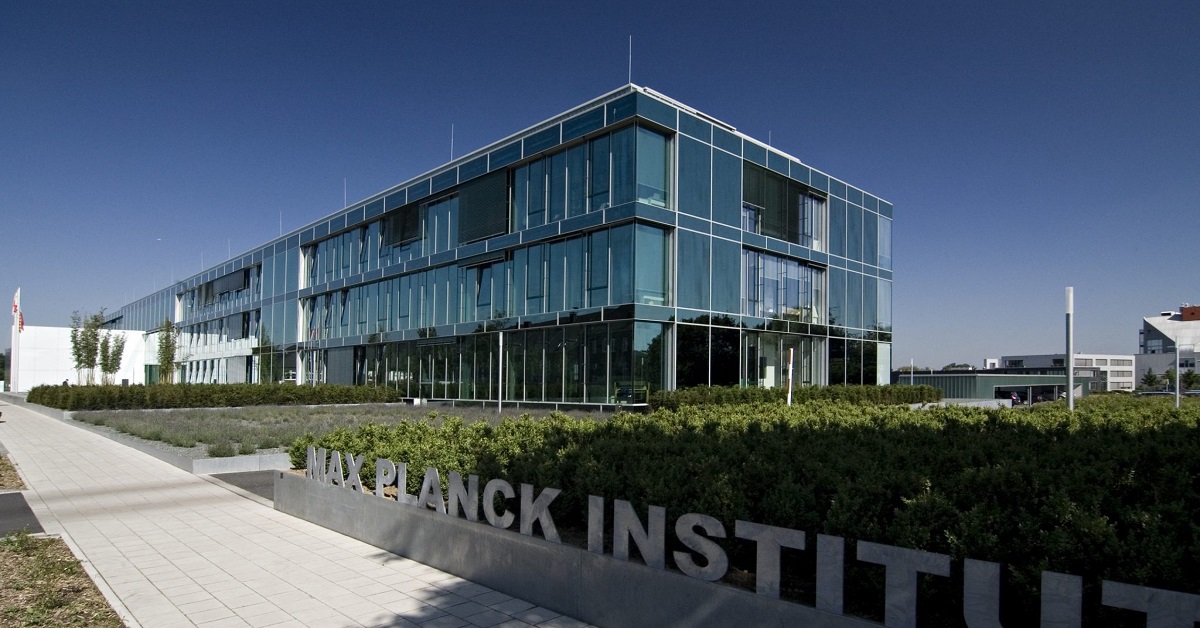
the Theory Department of the Fritz Haber Institute is offering a PhD position on atomistic-continuum coupling for heterogeneous catalysis
The Fritz-Haber-Institut (FHI) in Berlin-Dahlem is one of the most renowned institutes within the Max Planck Society (MPG), Germany‘s organization for basic research. At the FHI, scientists from all over the world are engaged in fundamental studies in the field of chemical physics at interfaces and surfaces, catalysis research and molecular physics.
The Multiscale Modeling from the Electron to the Reactor Group at the Theory Department of the Fritz Haber Institute is offering a PhD position (m/f/d) on atomistic-continuum coupling for heterogeneous catalysis with multilevel on-the-fly machine learning.
The research of the group concentrates on the development coarse-graining strategies which allow to transfer the detailed information available from atomistic and electronic structure simulations to models of macroscopic behavior. A special focus is kinetic Monte Carlo simulations and their coupling with macroscopic models. Here, we have been developing new algorithms and corresponding software, both for the simulations as well as for analyses of their results. The group, the department and the FHI offer an excellent and inspiring environment for outstanding research.
The project
The PhD student will work at an interdisciplinary project involving the modeling and simulation of multiscale flow, transport and reaction processes in heterogeneous catalysis in cooperation with the Weierstrass Institute for Applied Analysis and Stochastics of the Leibniz Association (WIAS). Within this collaborative effort, the project at FHI will develop multilevel on-the-fly machine learning approaches. These will be used to couple atomistic kinetic Monte Carlo models for surface reactivity with a reduced basis approach for reactive flow simulation, which will be developed at WIAS. The approach will be based on sparse grids, which allow for fast convergence in higher dimensional settings, error control and adaptive refinement (active learning). The multilevel on-the-fly strategy will complement these by exploiting i) the intrinsic low-dimensionality of the iterative solution of the coupled model and ii) multiple levels of accuracy of the sparse grid surrogate model, which improves as we approach the solution. Both are expected to further substantially reduce the computational burden associated with kinetic Monte Carlo simulations, especially in the high-dimensional setting.
Additionally to the collaboration with WIAS, collaboration with experimental groups from Berlin and abroad is planned.
The position is funded for 36 month. This is a part time position (2/3) and the salary is according to TVöD/E13. The project is supposed to start anytime in 2022.
Your profile
The applicant should hold a master degree (or equivalent) in mathematics, physics or a related discipline. Knowledge of programming (preferably C++) and a background in simulation are presumed. Experience with the more specific subjects of the project, such as sparse grids or stochastic simulation, is beneficial, but not required.
Application
Applications for this position are only accepted via our online application portal. Closing date: Applications will be accepted until the position is filled. We thank all applicants for their interest; however, only those individuals selected for an interview will be contacted.
The FHI strives for gender equality and diversity. We welcome applications from all backgrounds.
The Max Planck Society is committed to increasing the number of individuals with disabilities in its workforce and therefore encourages applications from such qualified individuals. Furthermore, the Max Planck Society seeks to increase the number of women in research and therefore explicitly encourages women to apply.
In case of questions, please contact: Dr. Sebastian Matera (matera@fhi-berlin.mpg.de)
![Sydney University [AU]: Research and Academic Opportunities](https://scholaridea.com/wp-content/uploads/2020/12/University-of-Sydney-768x403.jpg)
![Postdoctoral and Research Opportunities at McGill University [CA]](https://scholaridea.com/wp-content/uploads/2020/06/mcgill-university-30-may-2019-768x402.jpg)
